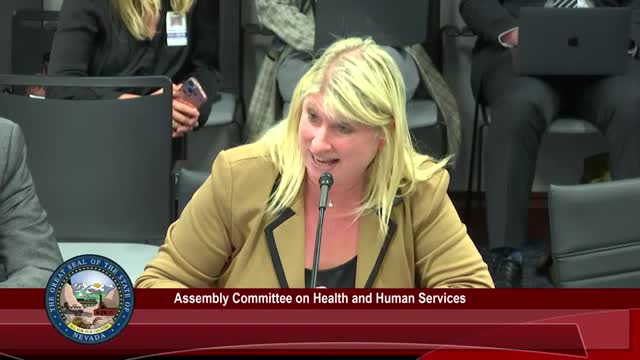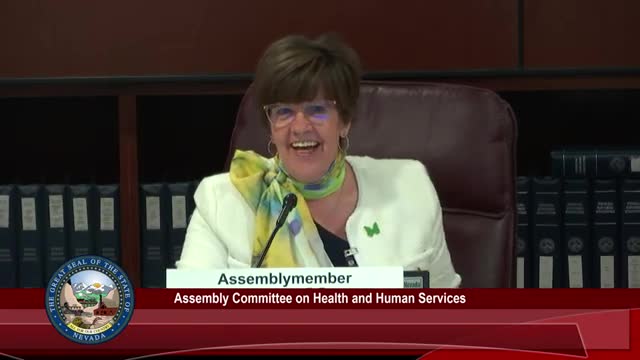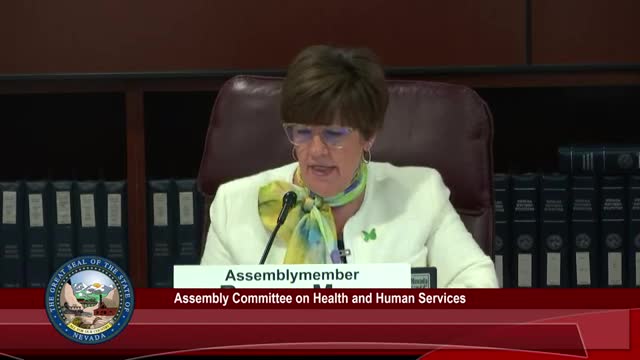Article not found
This article is no longer available. But don't worry—we've gathered other articles that discuss the same topic.

Bill would let organ‑procurement organizations transport donors using medical equipment to preserve organs

Nevada bill would require child‑welfare agencies to approve or deny medical‑consent requests within 14 days

